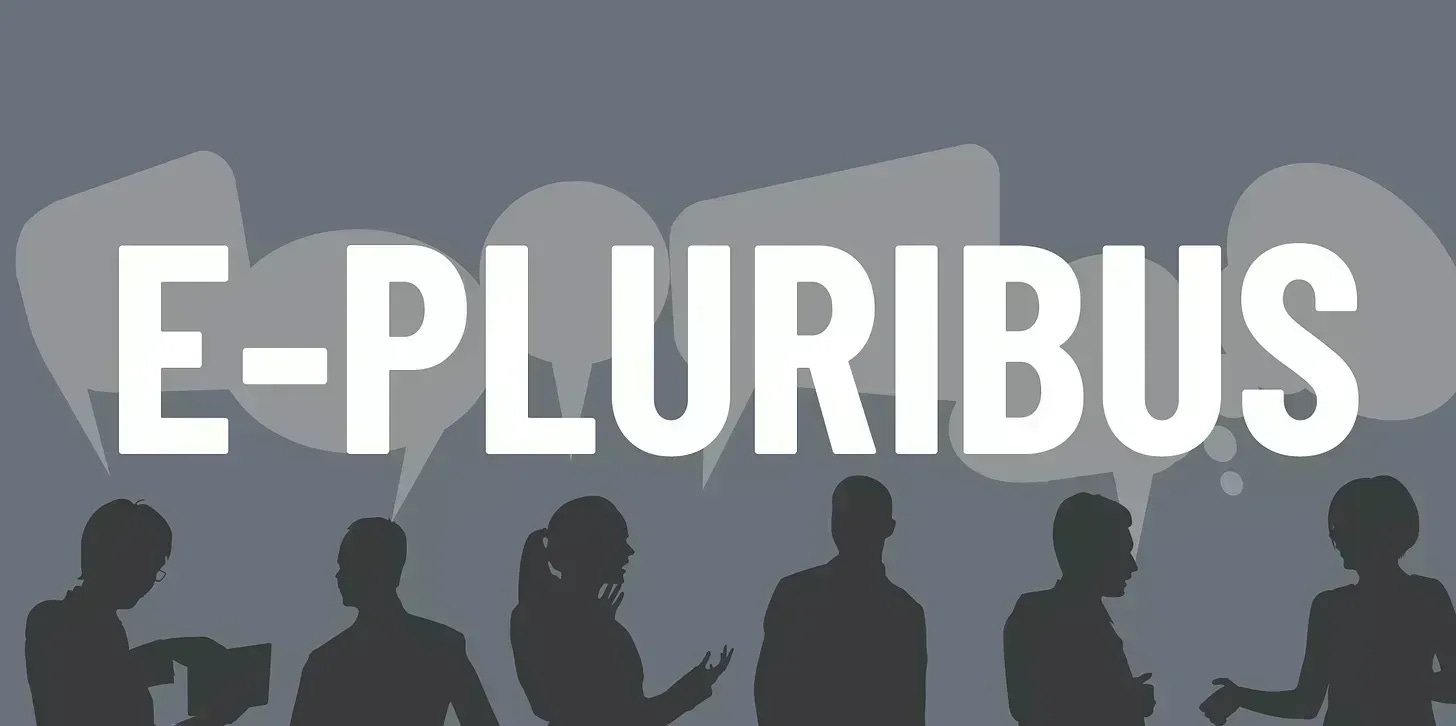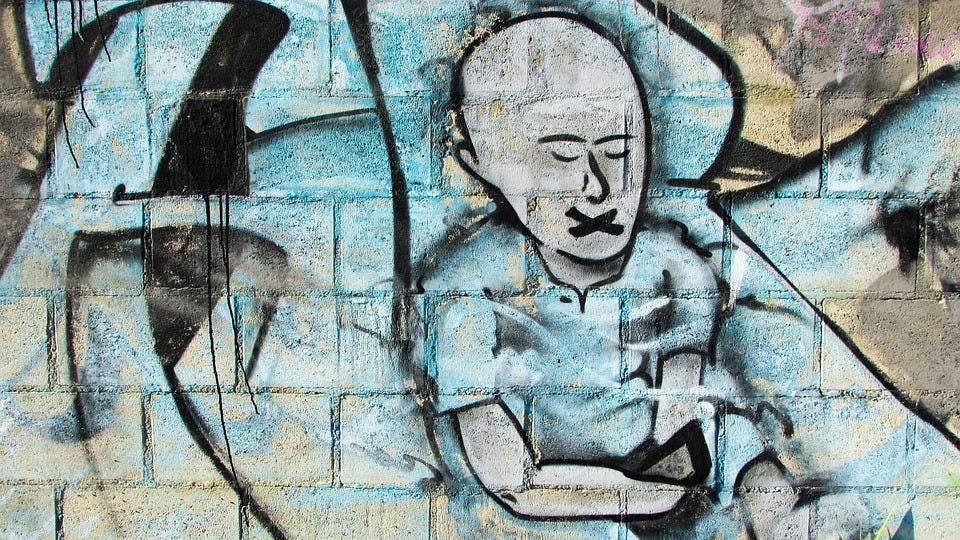E-Pluribus |July 15, 2025
Pardon Edward Snowden? How litigation protects free speech. College caught punishing student-reporter
A round-up of the latest and best musings on the rise of illiberalism in the public discourse:
Zach Weissmueller: Trump Can Take Revenge on the 'Deep State': Pardon Snowden
Former National Security Agency (NSA) intelligence contractor Edward Snowden exposed the US government’s domestic spying operations, alerting the public to gross violations of their Fourth Amendment rights and spurring the develop of privacy-guarding apps like Signal. For this, Snowden deserves a presidential pardon—and a hero’s welcome home from his exile in Russia, argues Zach Weissmueller at Reason (click for video):
Twelve years after facilitating the largest national security leak in American history, Edward Snowden remains exiled in Russia, unable to set foot on U.S. soil without losing his freedom.
A bipartisan consensus denouncing Snowden as a criminal traitor quickly formed in Washington, D.C., following the revelation of his identity in 2013: "I don't think Mr. Snowden was a patriot," President Barack Obama said at a press conference. Hillary Clinton dismissed him as "a lawbreaker," House Speaker John Boehner called him a "traitor," Rep. Mike Pompeo (R–Kan.)—later CIA director—called for his execution.
The U.S. government was illegally surveilling its own citizens, and because of decisions made by Congress and the Bush and Obama administrations after the 9/11 terrorist attacks, America was on track to become an Orwellian police state.
This hasn't happened yet thanks in large part to Edward Snowden, who deserves not only a presidential pardon, but a hero's welcome home.
Read or watch the whole thing.
Paul du Quenoy: Litigation Remains a Vital Tool in Taking Back Our Universities
Universities have become powerful opponents of free speech in recent years, sparking furious debate among 1st Amendment advocates about what can be done to prevent these schools from silencing their students and faculty. Paul du Quenoy highlights one tool with an impressive track record: litigation:
As the new Trump administration takes decisive measures to enforce civil rights laws and antidiscrimination policies on America’s campuses, the courts continue to play a vital, if sometimes slow, role in the process. On Tuesday, UCLA Anderson School of Management accounting lecturer Gordon Klein finally got his day in court, more than five years after he was suspended for an e-mail reply to a student’s request that he grade black students more leniently because of the George Floyd incident.
Klein’s reply raised the logical questions of how he could tell which students in the class—conducted online because of the COVID-19 pandemic—were black, how he should grade students who are half-black, whether white students from Minneapolis were also entitled to lenient grading, and whether the student who contacted him agreed with Dr. Martin Luther King, Jr. that people should not be judged by the color of their skin.
…
On the same day Klein’s trial began, University of Pennsylvania law professor Amy Wax began an official period of disciplinary leave during which she was placed on reduced pay, deprived of her endowed chair, and compelled to dissociate public remarks from her employer, among other sanctions. Her supposed sin consists of alleged statements that some students claim to have found offensive …
In what is likely to be the most prominent university-related First Amendment lawsuit in decades, Wax is suing in federal court for free speech violations as well as for breach of contract and discrimination. Considering earlier cases, it is entirely possible that she will prevail.
Jessie Appleby and William Harris: How a tribal college silenced a student journalist
Jessie Appleby and William Harris, of the Foundation for Individual Rights and Expression (FIRE), go to bat for a student-reporter at the Institute of American Indian Arts, who was punished for publishing information his school found embarrassing. As a taxpayer-backed institution, IAIA has an obligation to uphold the 1st Amendment, they argue:
Imagine you’re a student journalist at a tribal college. You learn that administrators may have misused a $50,000 grant intended for campus food pantries — vital resources, since 58% of your peers experience food insecurity. You publish fellow students anonymously alleging retaliation against a whistleblower and bullying by school officials.
Within months, you lose your job, campus housing and get placed on institutional probation.
This isn’t a hypothetical. This is the real story of David McNicholas, a student at the Institute of American Indian Arts in Santa Fe.
In 2024, McNicholas published two anonymous student submissions in his zine “The Young Warrior,” both responding to the sudden resignation of Karen Redeye, a beloved student advisor. One was an editorial accusing Redeye’s supervisors of bullying her into leaving, an allegation Redeye later confirmed. The other was a flyer accusing an administrator of misappropriating the $50,000.
A school administrator called the publication an example of “bullying” and “defamation,” and suspended McNicholas from campus housing.
…
There has been little justice at IAIA so far. The school has yet to clear the disciplinary records of McNicholas or any of the other students who were punished for criticizing school officials. Nor has the school revised its anti-bullying policy. And it has ignored FIRE’s letters demanding that they comply with the First Amendment.
Around X
Free speech rights continue to deteriorate in England, as protestors are arrested for wearing “mean” signs.
Social media censorship has taken a beating in recent years, but it’s still kicking, apparently.
It appears that Harvard might finally embrace “viewpoint diversity.”









